My mother believed what she said.
Therefore, she wasn’t lying.
Mother (M) implies she believed (B) what she said: M implies B
Let’s suppose, one instant, Mother: Suppose M
She isn’t lying, right? Therefore, B
My father had a hobby, he wrote complex syllogisms with mistakes introduced on purpose to verify one’s ability to spot perhaps a tautology (like the one above), an undistributed middle, a lack of consistency following a negative premise, or any other type of irregularities in logical argumentation.
He also constructed Venn diagrams that would include a high number of sets. He did so using extraordinary ultra-precise compasses that were kept in a wooden box covered by a layer of padded black velvet. Each compass, all the parts, neatly stashed in their respective hollow shape that had been, with exactness, carved in, then lined with a soft red fabric. A beauty. The compasses made of full, heavy metal that had a steady weight when handled.
I dearly wanted that box and those compasses for myself, but my father wouldn’t let me have them.
In the middle of the night, I would clean the kitchen table, lay a white sheet of paper on it, and test all the compasses, their fine sharp tips, how well the little wheels on the side would make the legs of the compass widen or close. The dark sticks of graphite creating clear, flawless lines left behind as the compass would turn and turn in impeccable circles stubbornly clutching to their own center.
Much better that the cheap geometry set I had for school, the protractor quickly losing its smooth edge, chips of plastic forcing the pencil to zigzag, the printed measurements on the set square worn out by time, with no sense of precision.
I had a need to cause pain, I guess. My initial instinct, since I couldn’t claim ownership of the much admired geometry box, was that no one should have it either. I first intended to destroy it, ready to let it go, to deprive myself of its existence for the satisfaction of revenge. But then I thought of a more Machiavellian fate. I broke the perfection of the set. I got rid of just one of the compasses, the cavity left in the box like an appalling deadly sin.
He must have known it was I, but he never said a word. And I never looked again at the box since it no longer met my criteria for excellence.
But I kept, though, looking at the drafts of syllogisms I found in my father’s drawers. He had a desk in the dining room. He didn’t care about these copies. They were thrown in there, disorganized, coffee stains, doodles on the yellow paper pads like seals stamped by indifference itself.
I read them, stories starring unusual characters. They had a plot, suspense, a punch line.
Or they would lead the reader in all sorts of directions, like a good detective or spy novel, they played tricks, guessing games, would bounce, almost making us believe the impossible.
Some others were logically impeccable, like elaborately chiseled precious stones, but conclusions were missing, the task at hand being to complete these stories with valid endings.
During my father’s frequent absences, I would truly allow myself to love him, meticulously reading what he had written.
It was a beautiful kind of love for it contained no danger other than committing an existential fallacy.
Laolao
Therefore, she wasn’t lying.
Mother (M) implies she believed (B) what she said: M implies B
Let’s suppose, one instant, Mother: Suppose M
She isn’t lying, right? Therefore, B
My father had a hobby, he wrote complex syllogisms with mistakes introduced on purpose to verify one’s ability to spot perhaps a tautology (like the one above), an undistributed middle, a lack of consistency following a negative premise, or any other type of irregularities in logical argumentation.
He also constructed Venn diagrams that would include a high number of sets. He did so using extraordinary ultra-precise compasses that were kept in a wooden box covered by a layer of padded black velvet. Each compass, all the parts, neatly stashed in their respective hollow shape that had been, with exactness, carved in, then lined with a soft red fabric. A beauty. The compasses made of full, heavy metal that had a steady weight when handled.
I dearly wanted that box and those compasses for myself, but my father wouldn’t let me have them.
In the middle of the night, I would clean the kitchen table, lay a white sheet of paper on it, and test all the compasses, their fine sharp tips, how well the little wheels on the side would make the legs of the compass widen or close. The dark sticks of graphite creating clear, flawless lines left behind as the compass would turn and turn in impeccable circles stubbornly clutching to their own center.
Much better that the cheap geometry set I had for school, the protractor quickly losing its smooth edge, chips of plastic forcing the pencil to zigzag, the printed measurements on the set square worn out by time, with no sense of precision.
I had a need to cause pain, I guess. My initial instinct, since I couldn’t claim ownership of the much admired geometry box, was that no one should have it either. I first intended to destroy it, ready to let it go, to deprive myself of its existence for the satisfaction of revenge. But then I thought of a more Machiavellian fate. I broke the perfection of the set. I got rid of just one of the compasses, the cavity left in the box like an appalling deadly sin.
He must have known it was I, but he never said a word. And I never looked again at the box since it no longer met my criteria for excellence.
But I kept, though, looking at the drafts of syllogisms I found in my father’s drawers. He had a desk in the dining room. He didn’t care about these copies. They were thrown in there, disorganized, coffee stains, doodles on the yellow paper pads like seals stamped by indifference itself.
I read them, stories starring unusual characters. They had a plot, suspense, a punch line.
Or they would lead the reader in all sorts of directions, like a good detective or spy novel, they played tricks, guessing games, would bounce, almost making us believe the impossible.
Some others were logically impeccable, like elaborately chiseled precious stones, but conclusions were missing, the task at hand being to complete these stories with valid endings.
During my father’s frequent absences, I would truly allow myself to love him, meticulously reading what he had written.
It was a beautiful kind of love for it contained no danger other than committing an existential fallacy.
Laolao



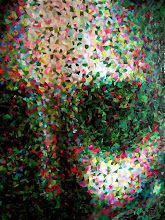

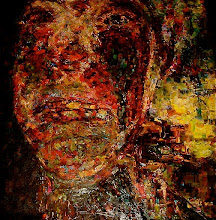
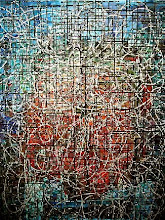
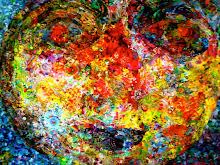

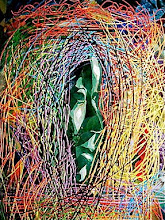

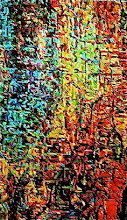

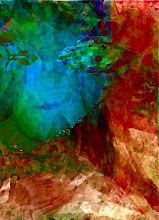.jpg)
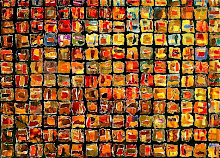
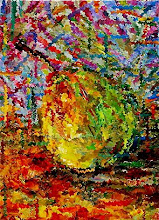
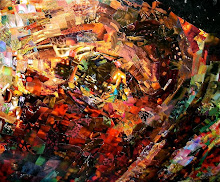
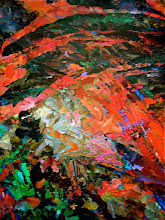


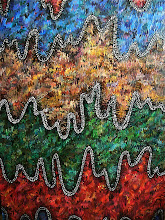
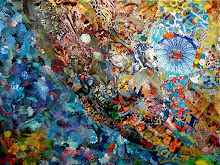
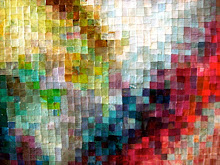
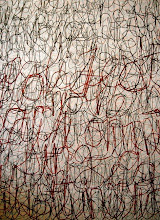
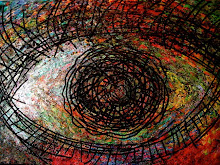
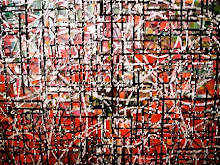

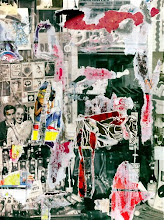
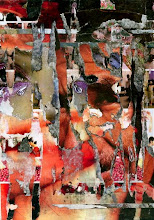
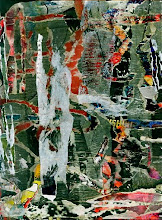
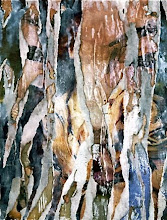


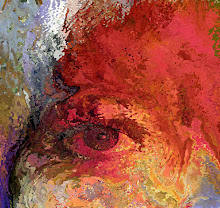
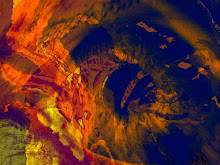
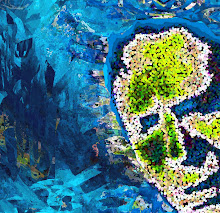
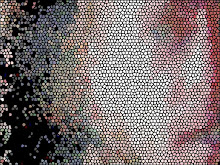.jpg)
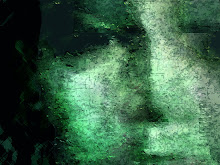
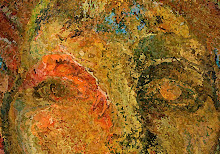
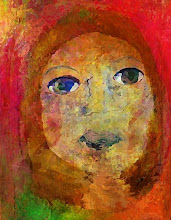.jpg)
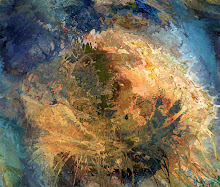
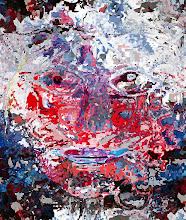
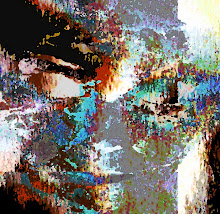
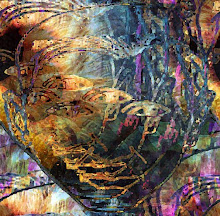


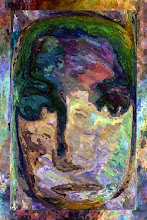photo+album).jpg)
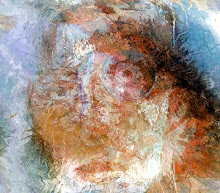.jpg)
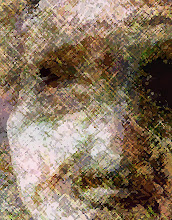
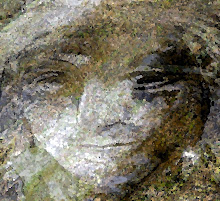
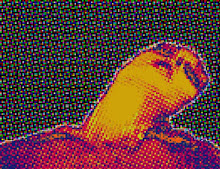
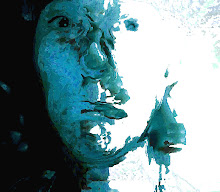
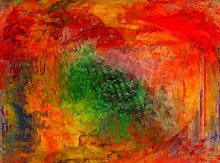





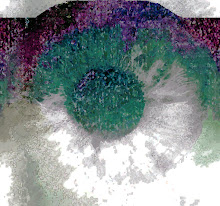
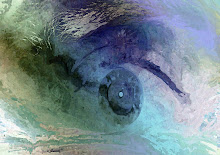

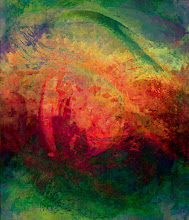

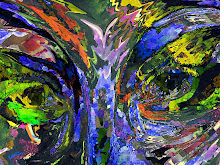
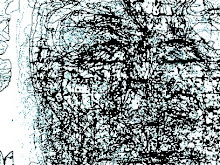.jpg)


No comments:
Post a Comment